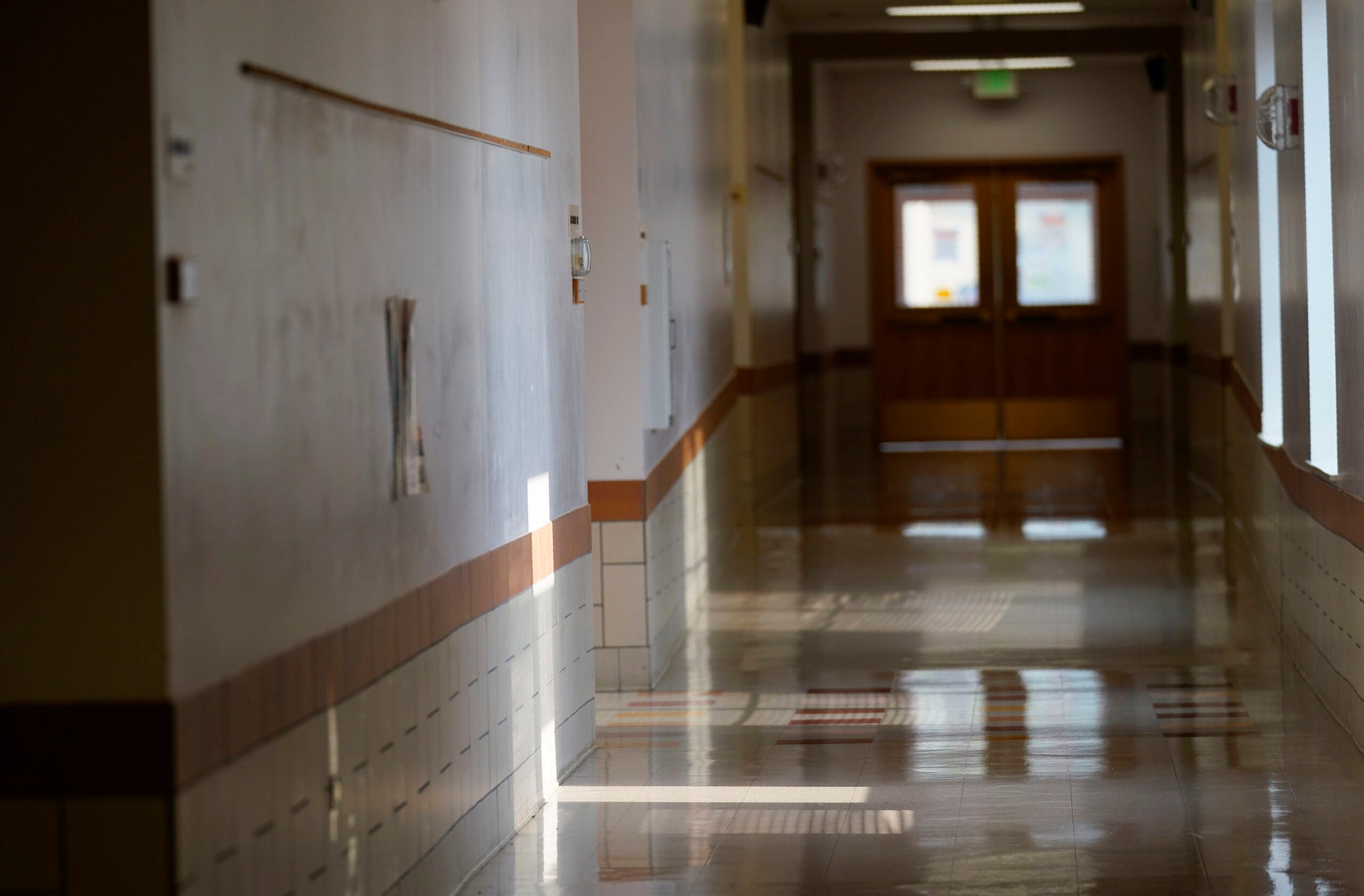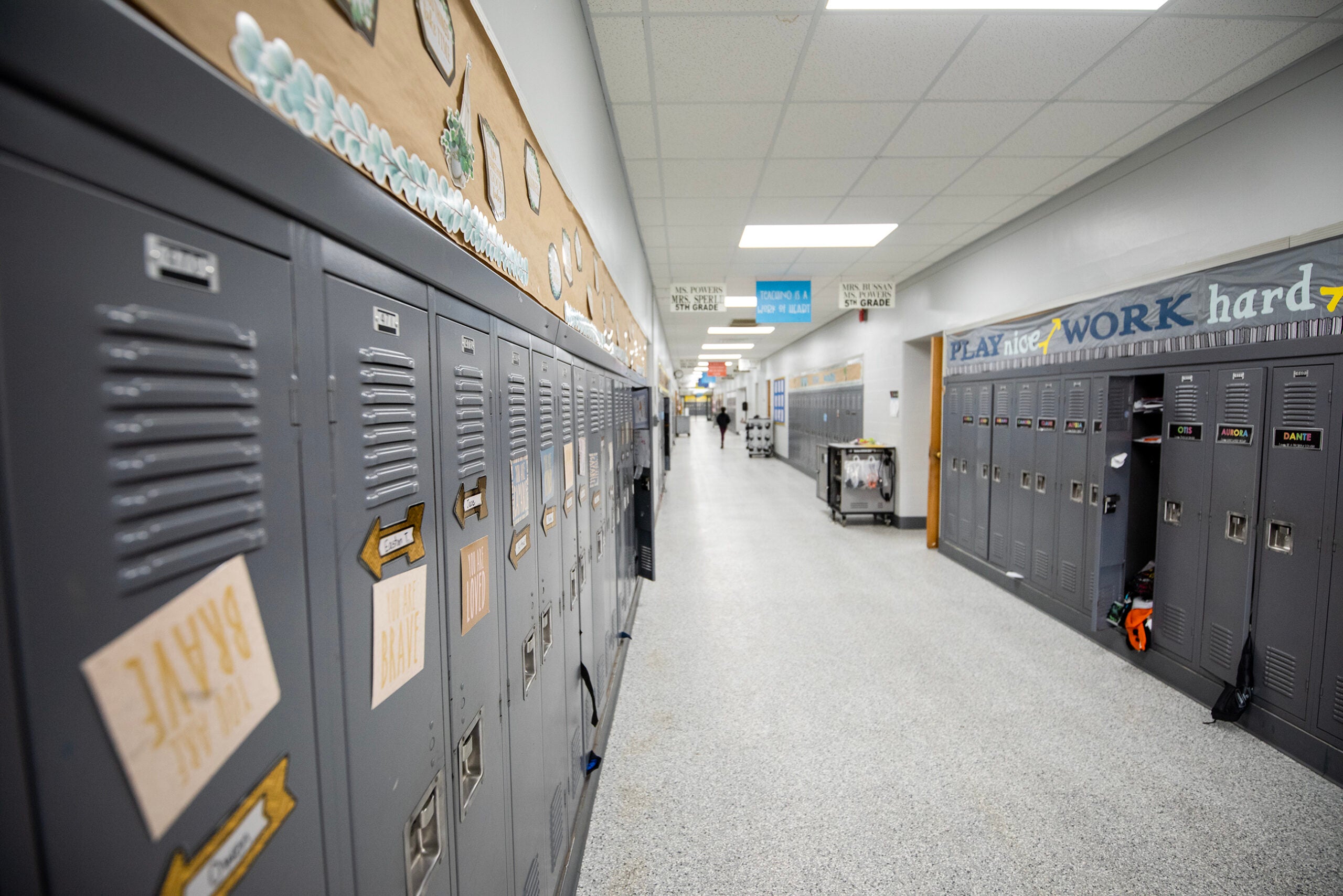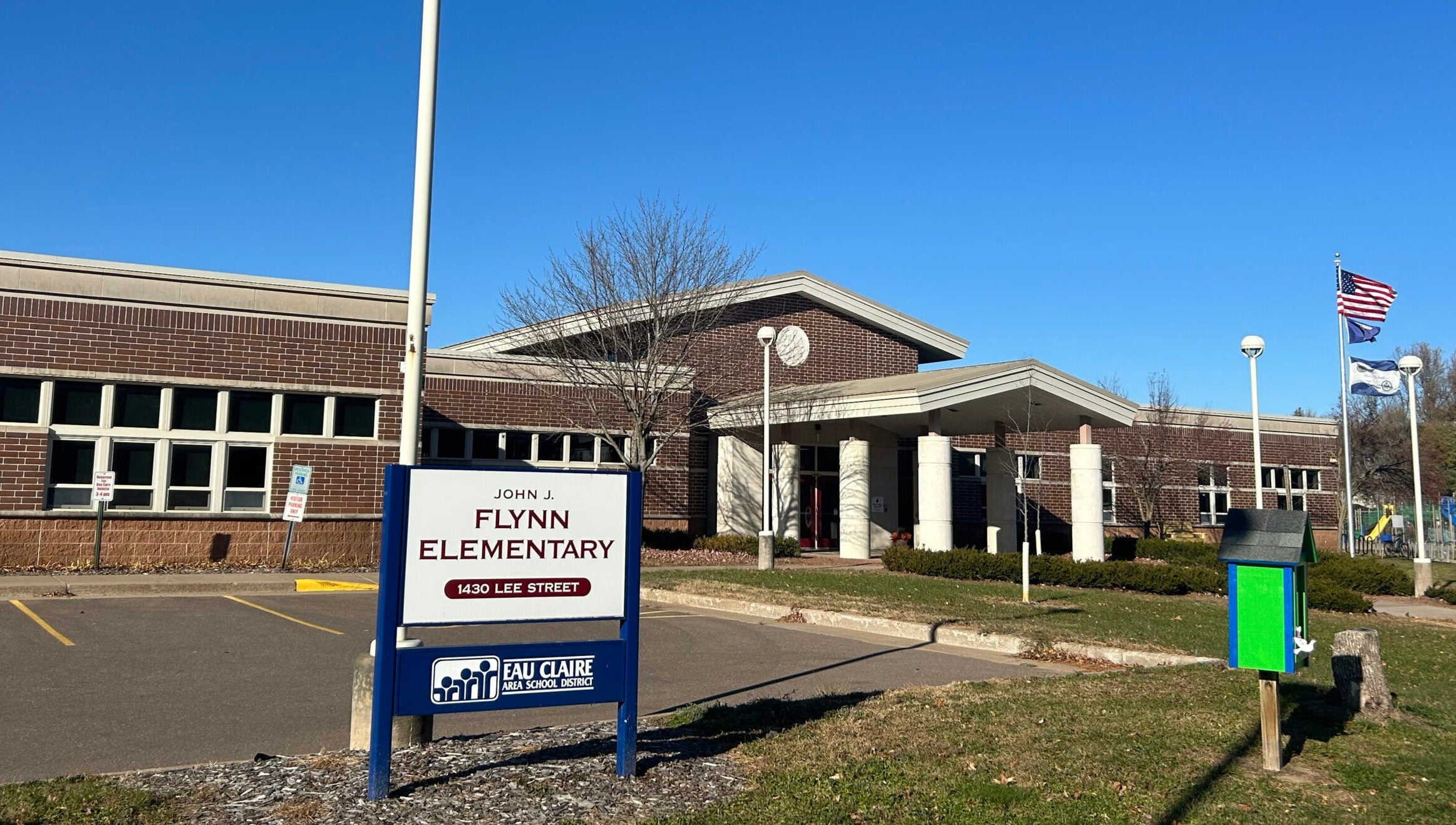The Glendale-River Hills School District announced Friday it will cut 13 positions to help close a budget shortfall of up to $3.6 million.
The school board for the suburban Milwaukee district voted last week to cut more than $1 million through staff attrition and retirements.
The decision comes after the district’s former business manager said she incorrectly estimated the district’s financial situation when the most recent budget was adopted.
News with a little more humanity
WPR’s “Wisconsin Today” newsletter keeps you connected to the state you love without feeling overwhelmed. No paywall. No agenda. No corporate filter.
She and the superintendent have since resigned.
“The reductions we are making right now will have a minimal impact on programming and they will have no impact on class sizes,” school board president Danielle Bailey said at the meeting.
Among the cuts are district staff, substitute teachers and three teachers at Glen Hills Middle School.
“We have engaged financial consultants to verify and correct the financial data from prior years, investigating past revenue and spending to determine the full extent of the budget deficit,” the district said in a statement.
Sara Shaw, a senior education policy researcher at the Wisconsin Policy Forum, said budget challenges are not uncommon among Wisconsin’s school districts as pandemic relief funding expires and inflation is high.
“That said, a shortfall of this magnitude that went unidentified for so long is an anomaly,” she added.
It is unclear where the error was made and why it wasn’t caught earlier.
Dan Rossmiller, the executive director of the Wisconsin Association of School Boards, said there are multiple layers to the budgeting process.
“Typically, the superintendent and the business official, the (Department of Public Instruction), the auditor, all should provide a check and balance here,” Rossmiller said.
“The budget hearing is typically the last check and balance and the state law is set up to try to provide those opportunities to get a good look at things and see, ‘Does this make sense?’” he said.
Rossmiller said cutting expenditures is often the first option for a district with a budget shortfall, and personnel costs are typically a district’s biggest expenditure. Another option is to ask voters for additional funds with a referendum.
Such a vote must take place during a regularly scheduled election and the language has to be approved 70 days before election day, Rossmiller said.
“A portion of the deficit could be covered by cuts in expenditures and a portion could be covered by an increase in revenues through a referendum,” he said, speaking broadly of school funding options.
While the district has not yet proposed asking voters to fill the gap, one parent said she would support such a measure.
Katie Sparks has two children in the district, an eighth grader and a fourth grader. She said she and her children love their school.
“I think this is a challenge that can be solved,” Sparks said. “If it’s revenue that’s needed, we can rally around and help solve that.”
Wisconsin Public Radio, © Copyright 2025, Board of Regents of the University of Wisconsin System and Wisconsin Educational Communications Board.






